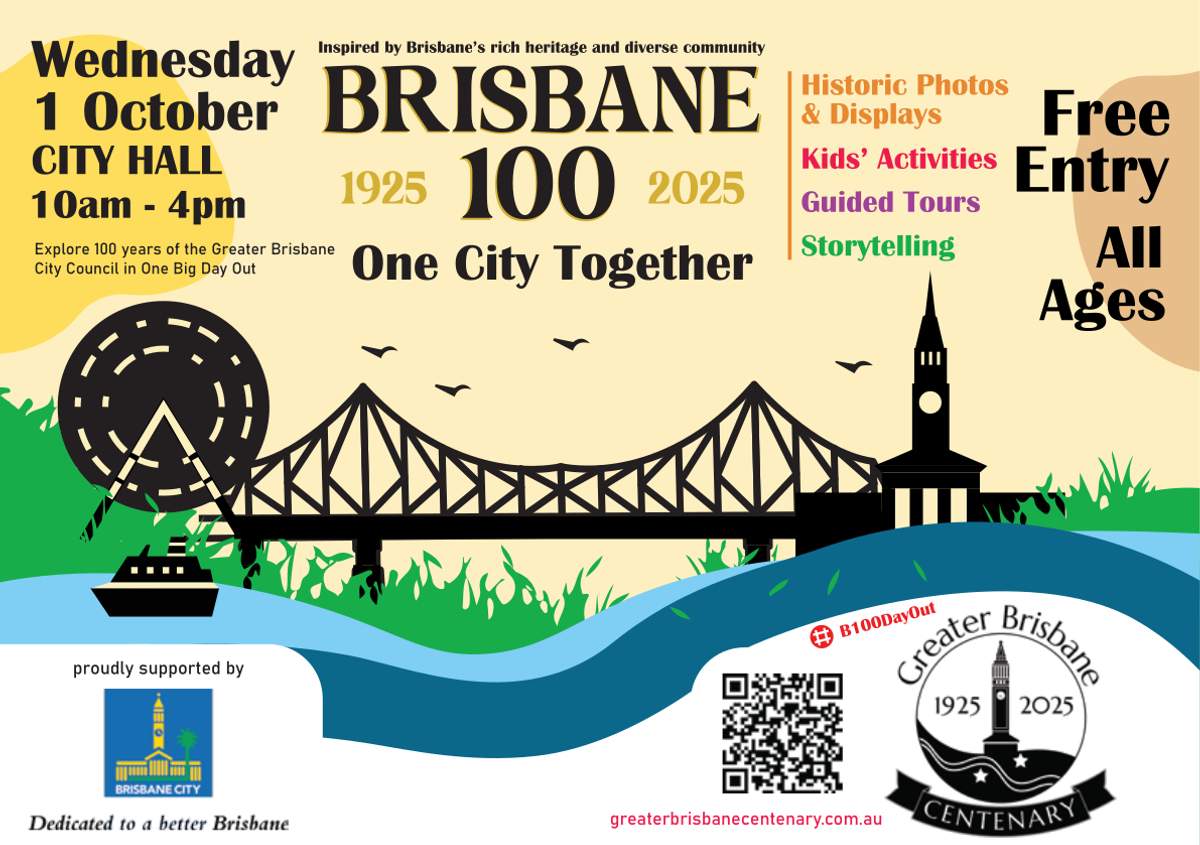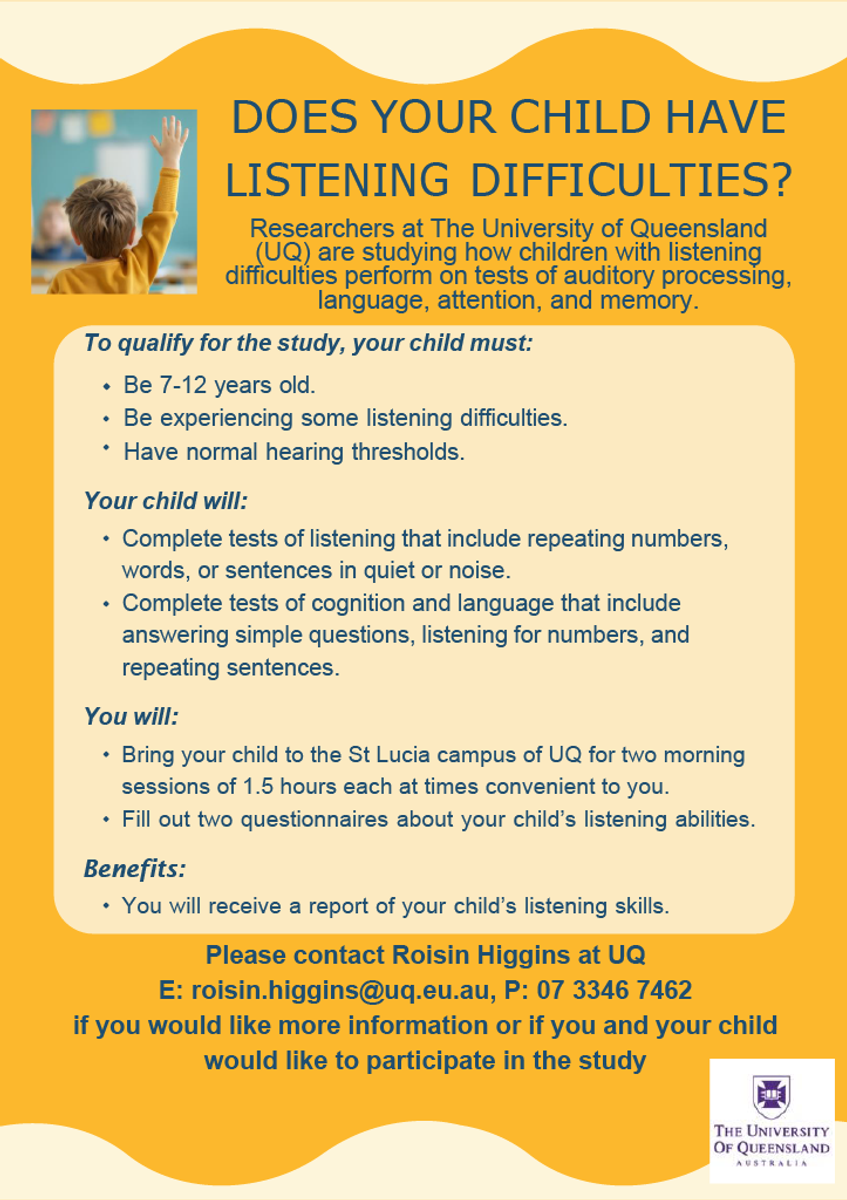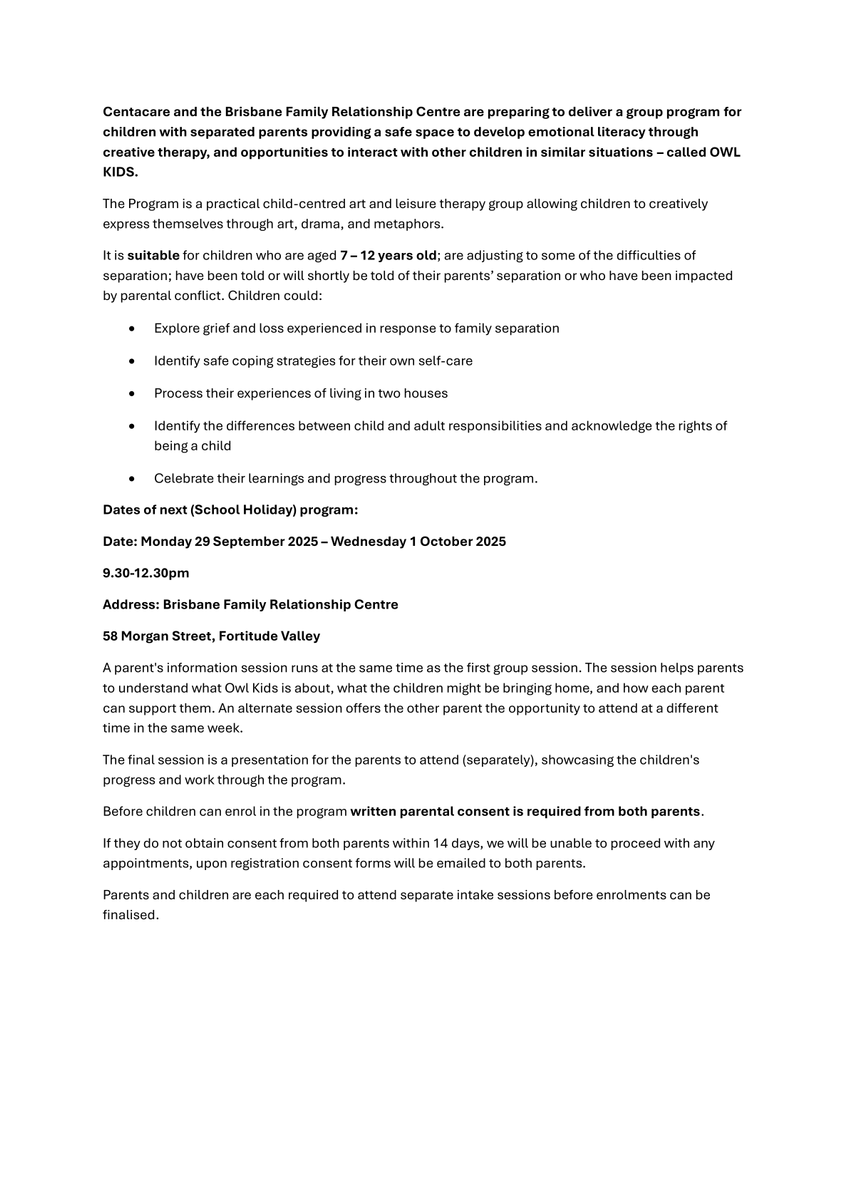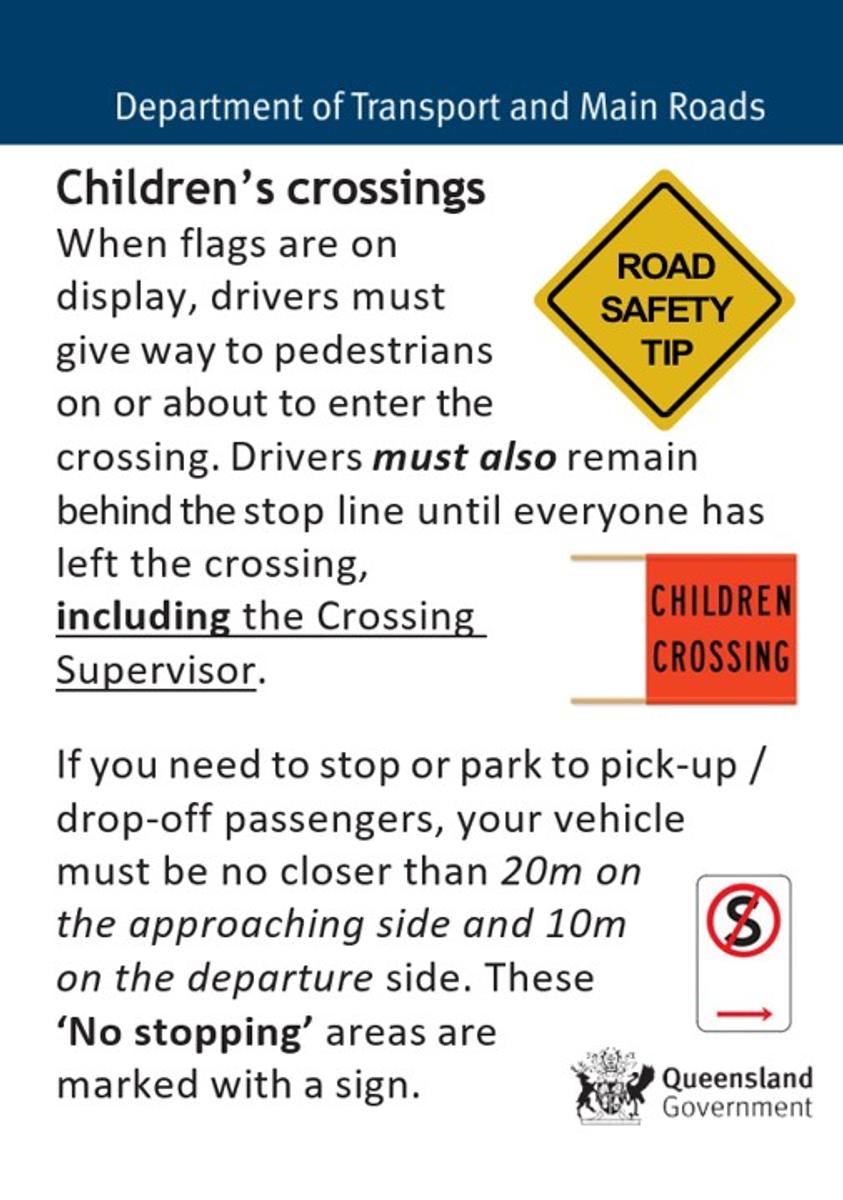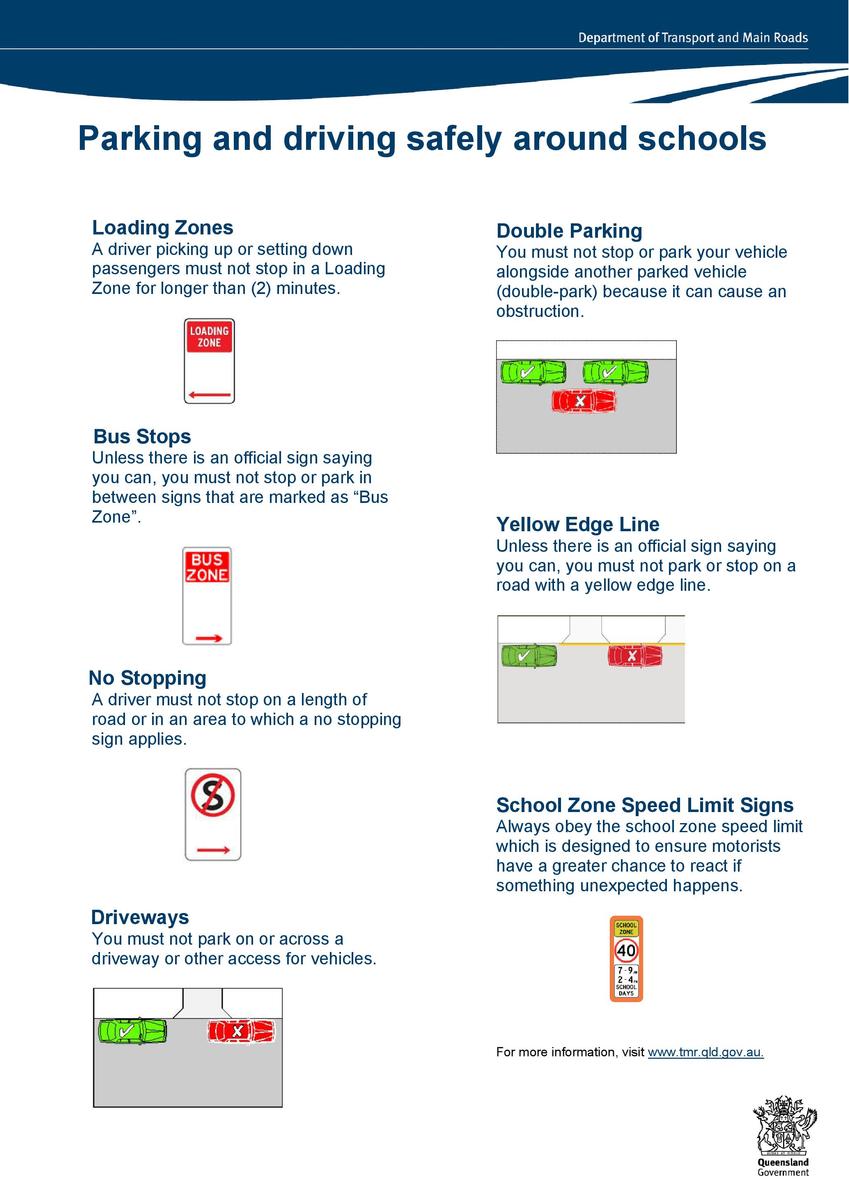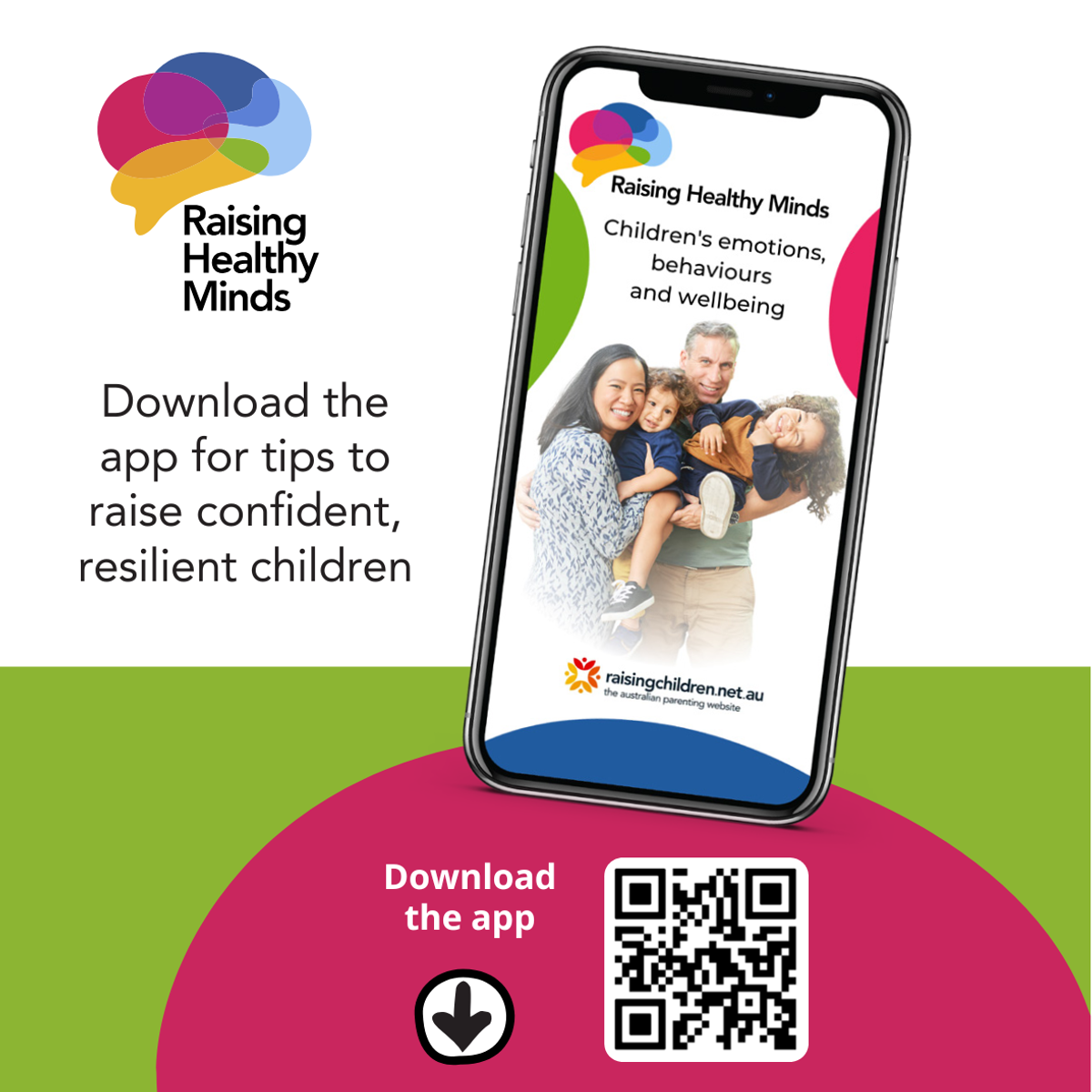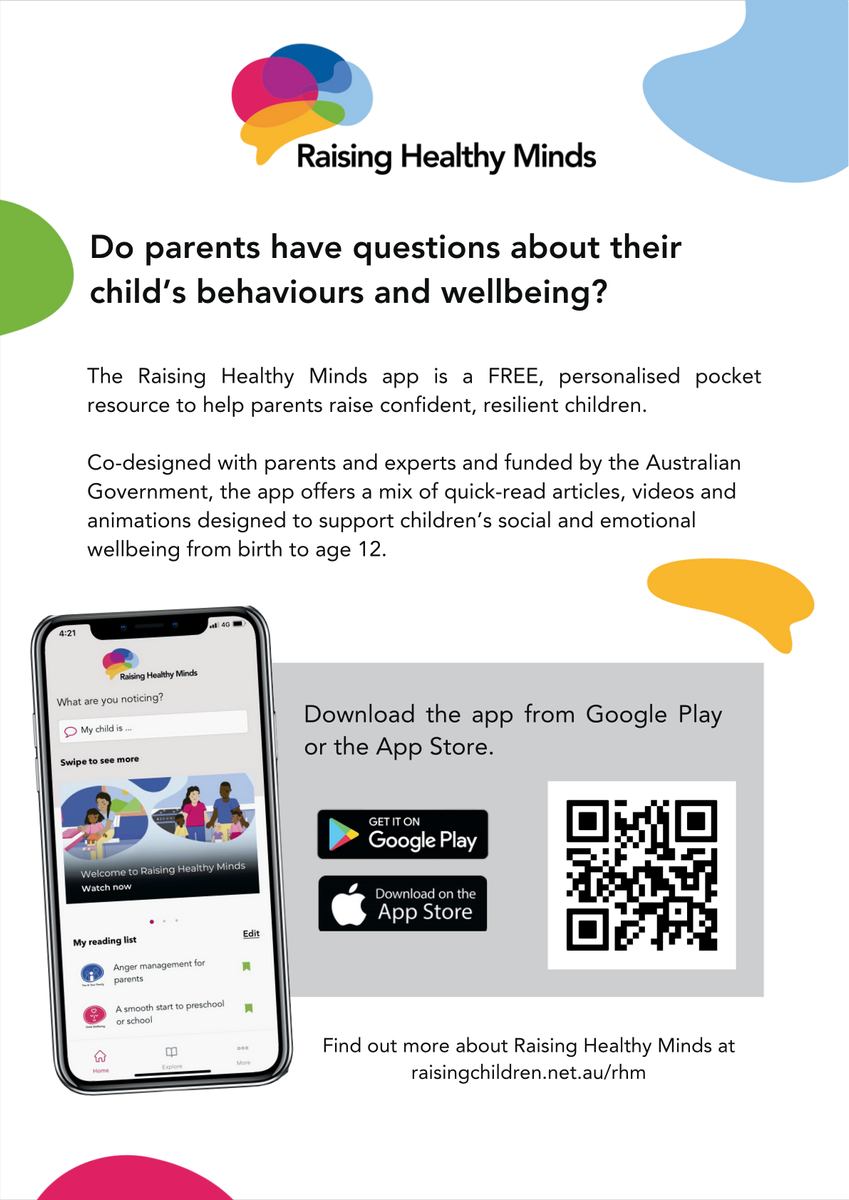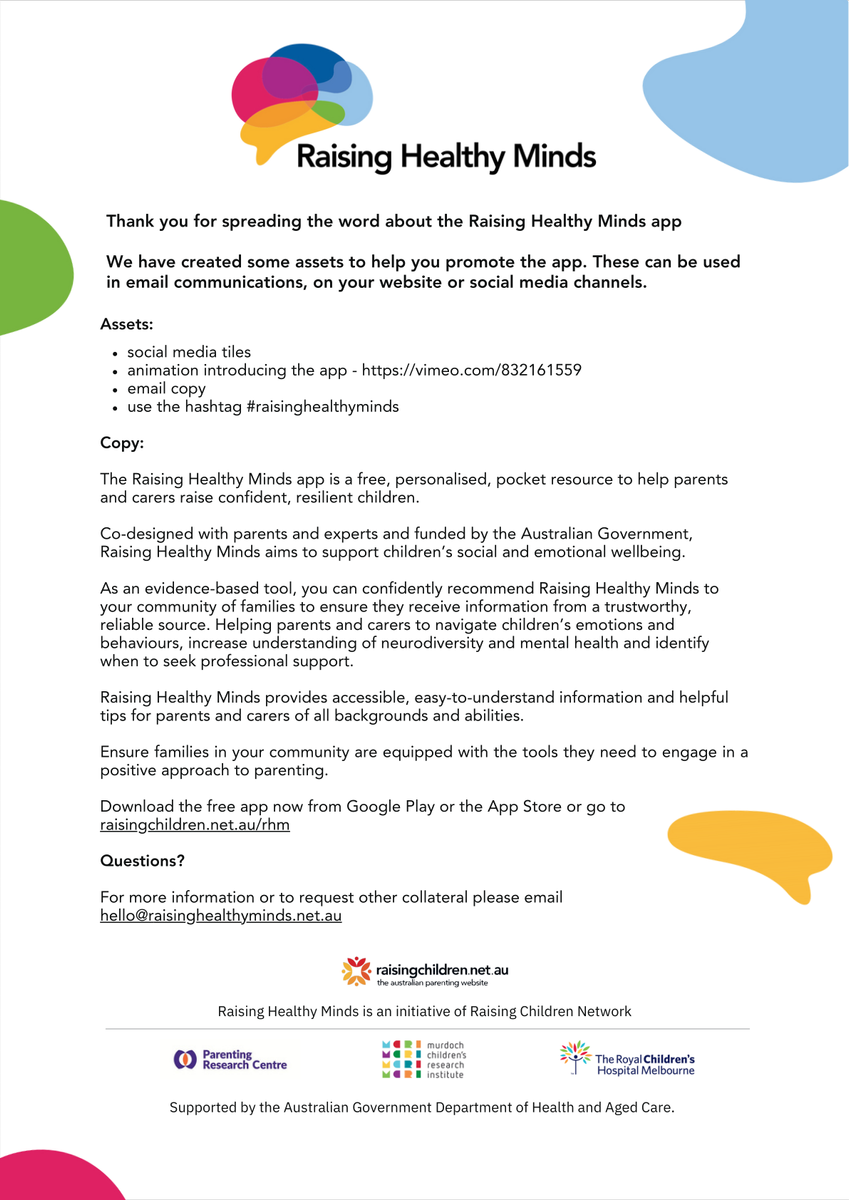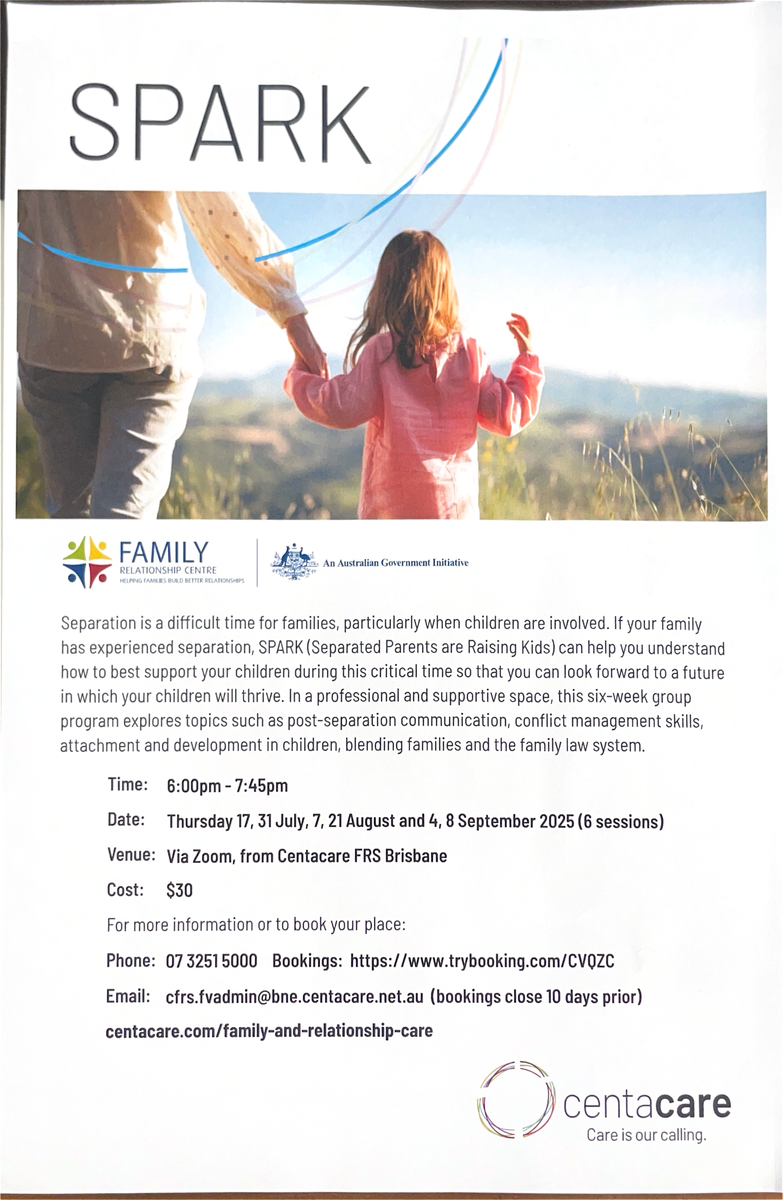Community News
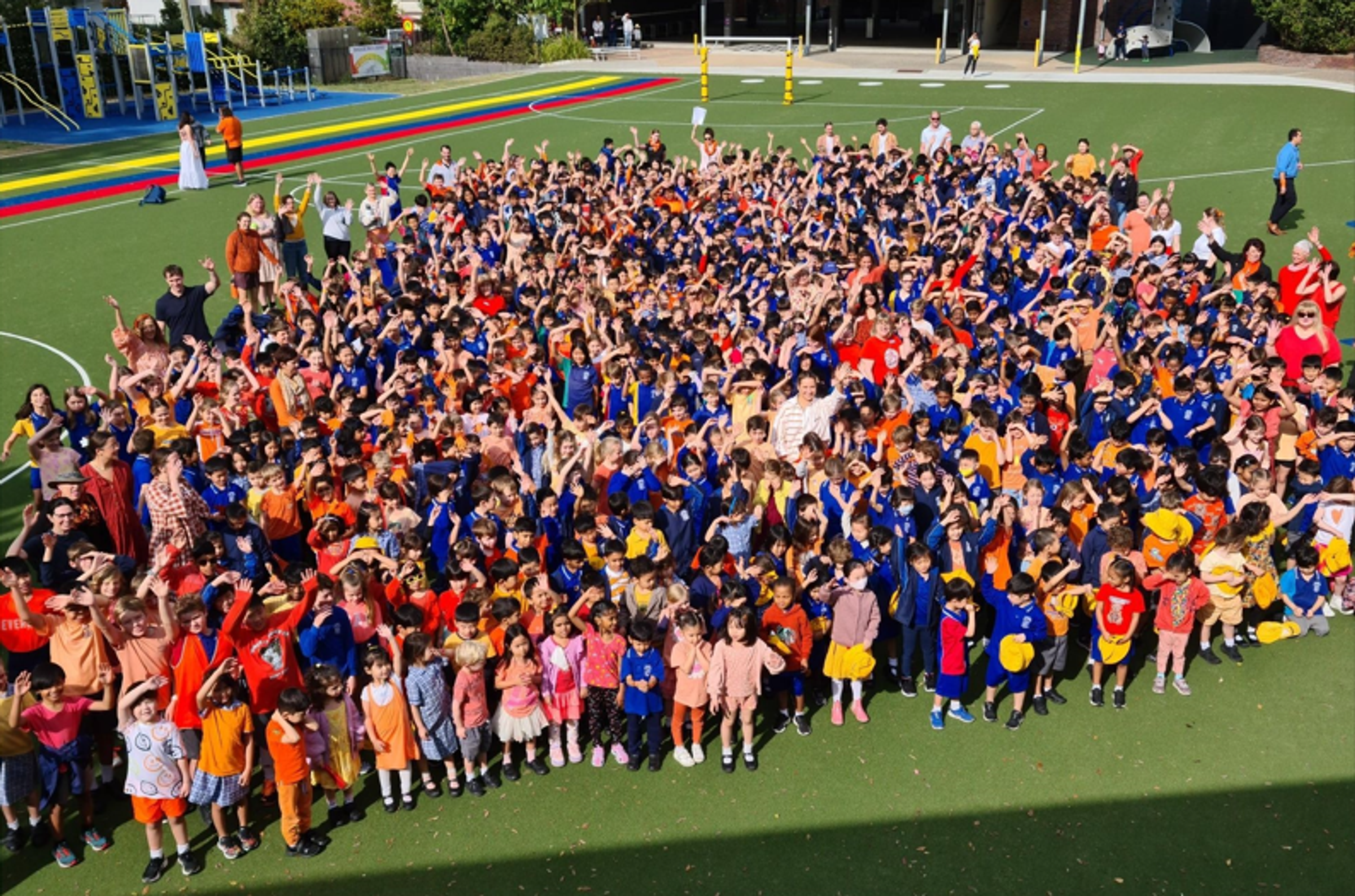
APPLY NOW for QACI Brilliant Futures - a two-year selective-entry preparation program for student participation in Year 7 and Year 8.
Current Year 6 students are welcome to APPLY NOW.
QACI Brilliant Futures provides impactful, collaborative extra-curricular learning experiences aligned with the International Baccalaureate Learner Profile, including inquiry, critical thinking and reflection.
Parentline: Support and advice for all Queensland parents and carers
Being a parent can be rewarding—but it can also be challenging. Whether you’re trying to support your child with school issues, friendship challenges, behaviour, or tough moments at home, it’s completely normal to feel unsure about what to do next.
Parentline is a free and confidential service available to all Queensland parents and carers. No problem is too big or too small—and reaching out early can make a real difference.
Parentline offers advice and support on a wide range of parenting topics, including:
- bullying and friendship issues
- parent–child relationships
- parenting strategies and behaviour management
mental and emotional wellbeing—for both children and parents
You can speak with a trained professional by phone or webchat (6am-midnight), seven days a week.
An online bullying support forum is also available. This is a safe, moderated space to connect with others, ask questions, and share experiences.
📞 Call 1300 30 1300
💬 Visit parentline.com.au
Because parenting doesn’t come with a manual—but help is here when you need it.
2025 International Chemistry & Art Competition
There’s still plenty of time to get creative for the 2025 International Chemistry & Art Competition (ICAAC) – Children’s Round!
This exciting competition invites young people from across the globe to explore the connection between chemistry and creativity by producing an original piece of visual art inspired by a chemical concept, material, reaction, or discovery.
If you haven’t started your artwork yet, now’s the perfect time to gather your ideas and explore how chemistry influences the world around you — from colourful reactions and materials to nature’s wonders and everyday objects.
Whether you're a budding artist or a future scientist (or both!), this is your chance to use your imagination and creativity to show how chemistry shapes our world.
🗓 Key Dates
Entries open: 1 August 2025
Entries close: 1 October 2025
Shortlisted artworks released for viewing: 13 October 2025
Winners announced: 11 November 2025
Click below for more information on submission guidelines and prizes:
Wild At Art
Wild At Art is Australia's biggest wildlife art competition for kids.
It provides a fantastic opportunity for primary school children to unleash their artistic creativity, learn about Australia's threatened flora and fauna and become inspired to speak out for a future where plants, animals and people thrive.
The competition is open to children aged 5-12 and runs from:
Sunday 7 September (Threatened Species Day) to Friday 24 October.
Interested? Just head to our site to participate in the competition.
[Artwork: 'Keep me happy!' by Claire, 10.]
School Zone Safety
Dear Parents and Caregivers,
The Queensland Government is writing to inform you that Ironside State School is committed to ensuring the safety of students travelling to and from schools and will install flashing school zone signs (FSZS) in 100 school zones across Queensland, during the 2025–26 financial year. As part of this rollout, that Ironside State School will be receiving FSZS in the Ironside Street school zone.
Installation of FSZS at Ironside State School will improve visibility of the school zone and serve as an active reminder for motorists to slow down when children are out and about.
Several important factors are considered when assessing school zones for flashing lights, such as crash history, traffic volumes, pedestrian movements, the speed limit and visibility.
This ensures FSZS are delivered to priority sites across Queensland. FSZS have been a success since the program was introduced in 2012. Since then, FSZS have been installed at more than 1499 Queensland school zones.
Child safety is paramount, and illegal parking within school zones remains a significant concern for parents, residents, and schools. Limited parking spaces around peak drop-off and pick-up times often leads to competitive and potentially dangerous parking behaviours.
While we understand the challenges parents face in navigating school zone drop-off and pick-up, it is crucial to prioritise safety. Over the coming term, Council officers will be conducting regular patrols around your school to monitor parking compliance. Our enforcement approach will use a combination of foot patrols and our highly visible Community Safety and Regulation vehicles that can identify alleged offences using Automatic Number Plate Recognition and GPS software. Compliance action will be taken on any observed breaches.
School zone signs are displayed as you approach the school and shows both the speed limit and the times you need to reduce your speed around the school. Children's crossing are identified by children crossing flags, which are displayed near crossings before and after school hours.
When the crossing is supervised, you as a motorist must:
- wait until allpedestrians, bicycle or personal mobility device riders have crossed the road and the crossing supervisor has returned to the footpath
- abide by the direction given by the School Crossing Supervisor.
If the crossing is unsupervised, you as a motorist must:
- give way to pedestrians, bicycle or personal mobility device riders on or entering a children’s, pedestrian or marked foot crossings
- give way to pedestrians, bicycle or personal mobility device riders on or entering a road you’re turning into
- give way to pedestrians, bicycle or personal mobility device riders on a slip lane
- give way to pedestrians in a share zone
- travel at a speed allowing you to stop safely at a crossing if needed
As a driver, it's important to make sure you give way to all pedestrians, bicycle or personal mobility device riders such as skateboards, e-scooters. You must also give way to pedestrians using a motorised mobility device such as a motorised wheelchair or a mobility scooter.
Some of our most vulnerable road users are children getting to and from school, so it’s important to slow down and abide by the crossing rules, as it won’t make much difference to the trip time, but it could very well save lives.
Visit the Street Smarts website to find more information about what to do at pedestrian and children crossings.
______________________________________________________________________________
2025 National Consistent Collection of Data (NCCD)
On 1st August 2025, all schools in Australia must provide data to the Australian Government about students who receive ongoing adjustments in the school setting based on a broad definition of a disability. The NCCD enables schools and governments to understand the needs of students with disabilities and how they can be best supported at school. This process allows the government to distribute funding to identified students with additional access and learning needs.
The NCCD uses the definition of disability in the Disability Discrimination Act 1992.
The NCCD is a collection that counts!
The school team identifies the level of adjustment for individual students so that students with disabilities can access and participate in the educational setting on the same basis as their peers.
Student information provided to the Australian Government, Department of Education and Training for the NCCD does not explicitly identify individual students. For example, student names or student identifiers are not provided.
How does the NCCD assist schools?
- Reviewing learning and support systems: The NCCD allows schools to better understand the functional needs of their students with disability. It captures the work of schools in providing personalised learning and support for students with disability who require adjustments due to the functional impact of their disability.
- Providing greater understanding: The NCCD helps schools better understand their students with disabilities and identify areas of need for both students and staff.
- Developing professional judgement: The professional learning available to support the NCCD process helps build the professional judgement of school teams who are required to provide educational adjustments for students with disability without relying on a medical or clinical diagnosis alone.
- Recognising support and adjustments provided: The NCCD helps to formally and consistently recognise the support and adjustments provided to students with disabilities as defined in the DDA.
Please see https://www.nccd.edu.au for detailed information.
Please contact your child’s school team (Class Teacher, Student Support Coordinator or Deputy Principal) if you have further questions




